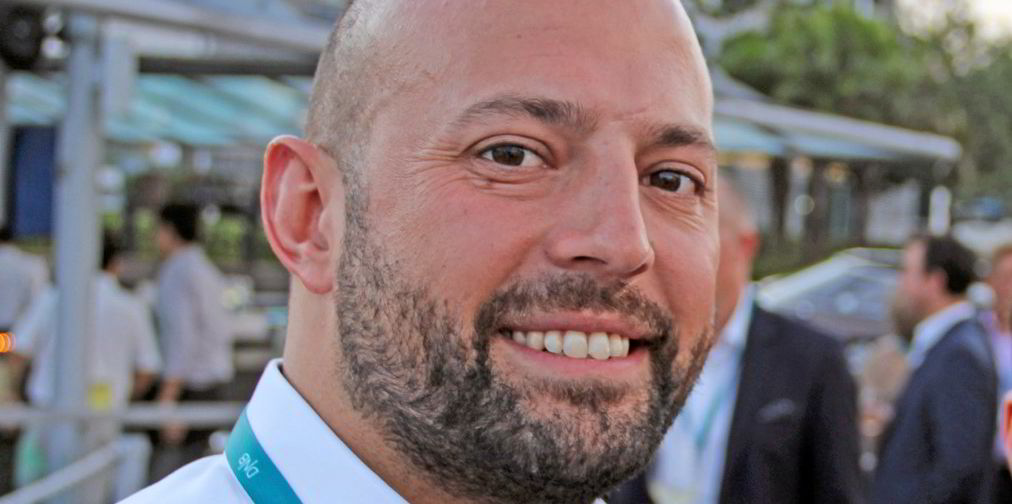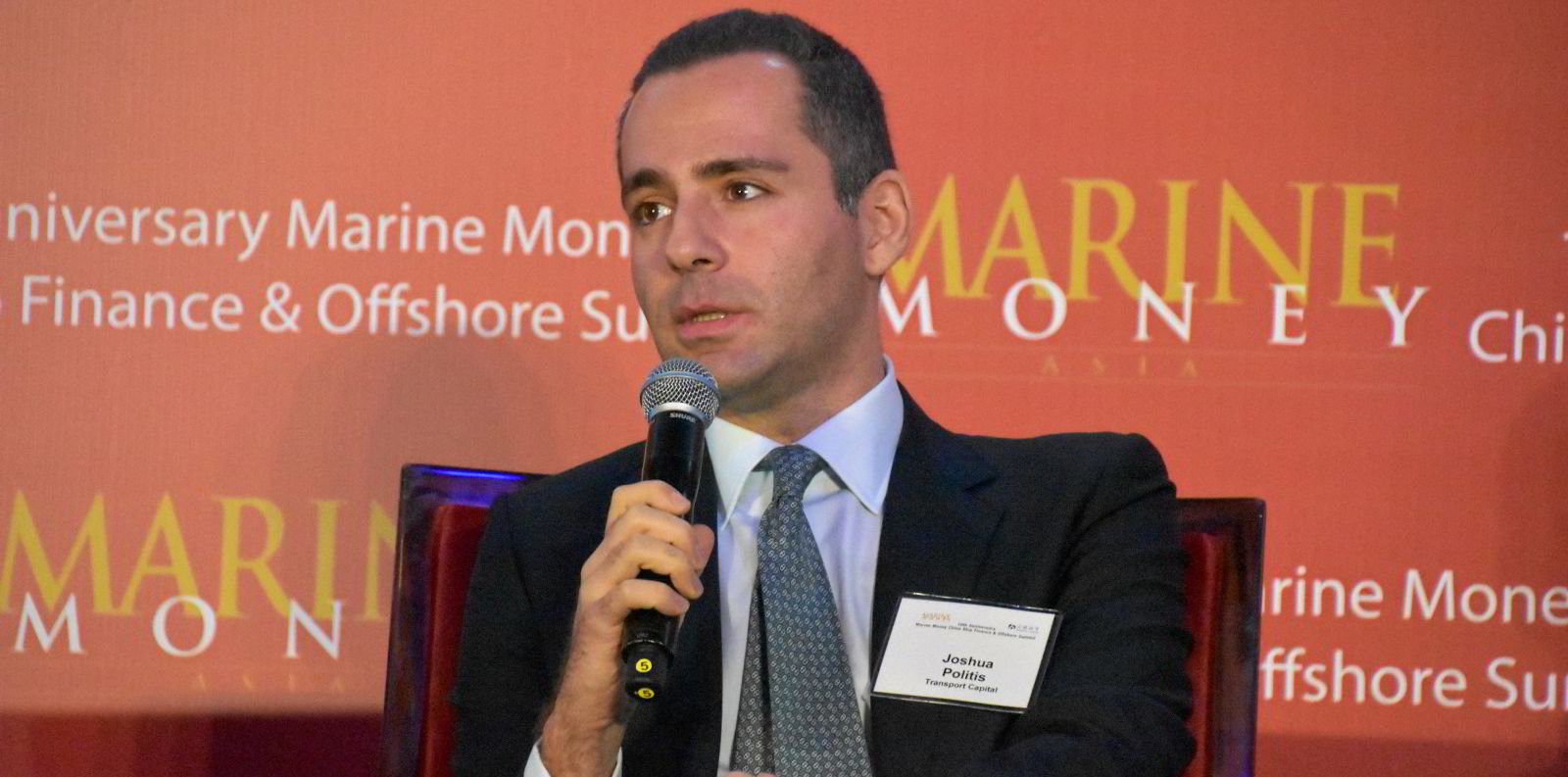Banks are "turning 180 degrees in their policies" and taking the wind out of the sails of alternative finance providers and arrangers, a Fearnley Securities executive said.
Debt advisory head Nicolas Duran said the investment bank's clients are starting to pull the plug on deals under discussion as bankers make more credit available for their preferred deals.

As a result, alternative finance providers will not get in on the feast as markets turn positive and deal volumes increase.
When "the Nordeas of this world" aggressively restock their shipping portfolio, there is no way for alternative financiers to compete on pricing.
"Leasing is more of a counter-cyclical product," Duran told participants at Capital Link's Norway Maritime Forum.
"Traditional lenders will take the lion's share of the new business, and leasing and alternative financing will go back to being a niche and specialised business, at least as long as the general sentiment about shipping remains positive."
Speaking to TradeWinds, Duran clarified that this prediction applies to more creditworthy shipping companies.
Management of several top Norwegian financial shipowners participated in the panel led by Seward & Kissel partner Keith Billotti.
They were represented by partner Jan William Denstad of Sole Shipping; Christian Dechsling, project finance head at Ness, Risan & Partners (NRP); SFL Corp chief financial officer Aksel Olesen; and Ocean Yield business development head Andreas Roede.
But Sole Shipping's Denstad was only partially content with Duran's analysis.
"For the top 5%, that's probably true, maybe even the top 10%," Denholm said.
"Not the bottom 90% who are not going to be in a position to access the stock market and have the big banks running after them throwing money."
Like Denstad, NRP's Dechsling Sees alternative finance remaining important for smaller owners and those with older ships.
"Alternative finance can be more flexible about profiles and the age of vessels," said Dechsling. "There will still be a big need for alternative finance, especially for smaller and medium-sized owners."
The increasing force of banks' environmental, social and corporate governance (ESG)demands may also contribute to a continued demand for alternative finance, and opinions were mixed on whether alternative financing is much of a refuge from rising standards.
"All of us will be retired by the time the fleet is renewed with green features, and in the meantime we have to carry on," said Denstad.
He reckons that the existing fleet will have to change its operations to reduce emissions but cannot all be scrapped and rebuilt.
"The fleet will need to stay there and it will need to be financed," he said.
But the banks are in command in the end and their ESG demands will be felt even in niche ship finance, said Duran.
"You depend on the banks, and they require you not to finance ships over a certain age and they impose conditions for scrapping," he said. "Alternative finance at the cost of equity is just not feasible."





